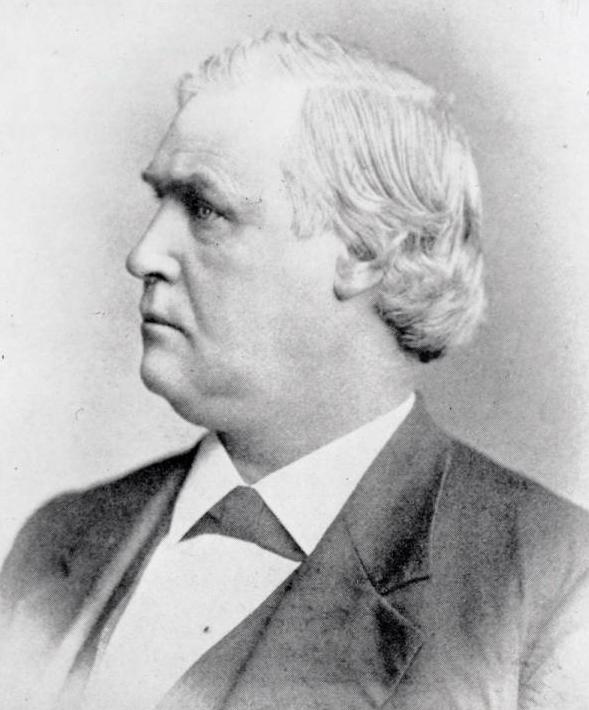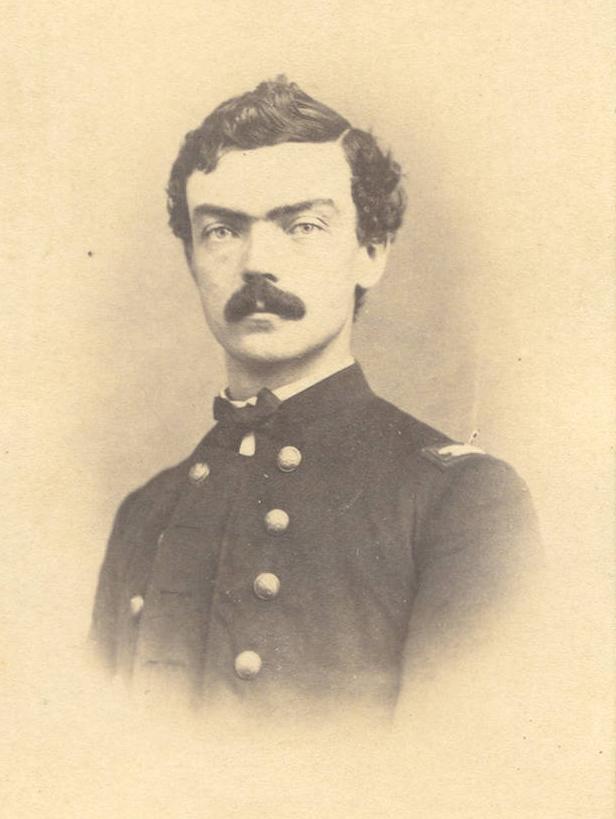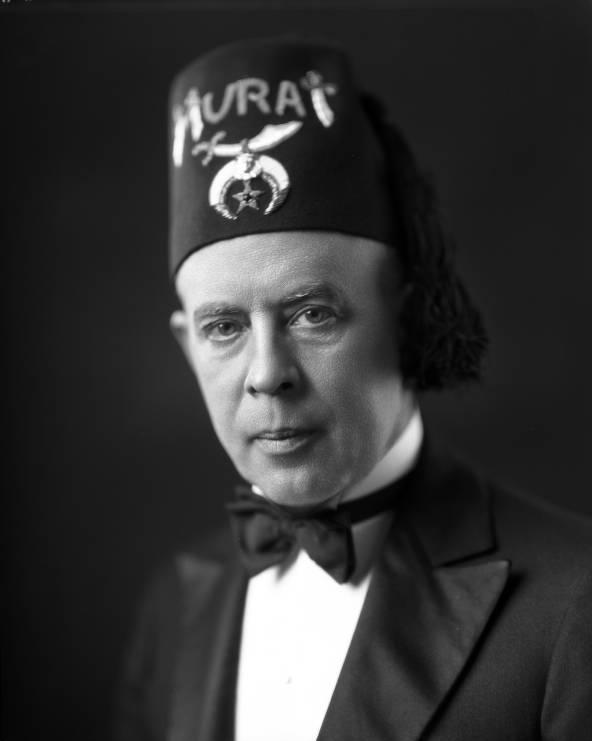Politics enabled the Irish and their descendants to rise to positions of prominence in Indianapolis as mayors, police chiefs, judges, city councilmen, and party officials. Denied political freedom in their homeland, Irish immigrants took a keen interest in politics when they arrived in America.

Political power brought patronage to Irish communities—party positions, city government jobs, and police and fire department appointments. Politics afforded the Irish a certain legitimacy in Indianapolis since most lacked the capital, education, or skills that would have allowed them to advance immediately in business or the professions. Moreover, political power assured Irish saloon keepers of their livelihood, even as temperance forces sought to close them.
The pro-labor, anti-temperance stance of the attracted most Irishmen in the late 19th and early 20th centuries. They began as precinct workers and ward bosses in , a near southside community, and in the near westside neighborhoods served by St. Bridget’s and St. John’s parishes.

The first Indianapolis mayors of Irish descent were popular Republicans– (1863-1867, 1875-1881) and (1867-1873)–but the election in 1873 of Democrat marked the crossover of Irish support to the Democratic Party. By 1890, when became mayor, the Irish played a significant role in city politics.
Perhaps the best-known Irish politician was , who came to Indianapolis in 1877 and enjoyed great success at the local, state, and national levels. A gifted political organizer, Taggart became local chairman of the Democratic Party in 1888, state chairman in 1892, and served as mayor from 1895 to 1901. Taggart was a member of the Democratic national committee in 1900 and became chairman in 1904. He built a formidable party machine, dubbed the “Tammany of the Middle West,” and brokered political deals until the 1920s.
Irish organizations provided Democratic politicians such as Taggart with financial support and votes. A local chapter of the , formed in 1870, sponsored the city’s annual St. Patrick’s Day parade and by 1910 boasted a membership of 1,000 Irishmen. A colorful incident in 1903 underscored the political and financial clout of the local group. An escaped Irish convict, James Lynchehaun, was arrested in Indianapolis and faced extradition to Great Britain. Prominent Hibernians called mass meetings at , solicited the state’s two senators and Mayor to speak, and hired one of the city’s top lawyers for Lynchehaun’s defense. In an Indianapolis courtroom packed with Irish supporters, a U.S. commissioner denied extradition on the grounds that Lynchehaun originally had been convicted of a political crime.
Irish immigration slowed in the 20th century and the percentage of foreign-born residents in Indianapolis declined from 9.5 percent of the total population in 1900 to 2.7 percent in 1940. Second-generation Irish began moving out of to establish new communities, particularly on the city’s east side. Gone were the popular saloons such as Kelly’s on East Maryland Street, where “you could poll the whole precinct without leaving the place,” or Jim Reilly’s at Georgia and Pine streets, a spot to dispense both liquor and patronage.

Irish politicians, however, continued to enjoy success at the polls, partly because of a new alliance between African American and Irish voters in the Democratic Party. In 1930 , son of former mayor Thomas Sullivan, took office as mayor after serving as county and state Democratic chairman. Also in the 1930s, was elected treasurer of Marion County. McKinney went on to become a national force in the Democratic Party, serving as party chairman in 1951-1952 at the request of President Harry S Truman. Democrats (1948-1950) and (1964-1967) served as mayor when the city faced new challenges as neighborhoods changed and second-and third-generation Irish moved to the suburbs. In 1970 Unigov brought predominantly Republican suburban wards into the city election process and further diluted the political clout of traditional Irish and Democratic neighborhoods.
Politicians of Irish descent continue to play an active role in local Democratic politics. In 1991 Democratic state senator Louis B. Mahern ran unsuccessfully for mayor of Indianapolis. In 1994 Thomas P. O’Brien and Cathline Mullin serve as chair and vice-chair of the Marion County Democratic Party. Kerry J. Forestal was elected Marion County Sheriff in 2018. Sheriff Forestal’s grandmother, Anne V. Forestal, served as Center Township Trustee (1954-1959), and his father Jerome Forestal, served as a city councilman (Democrat, Third District, 1967-1971) and county auditor (1974-1978).

Help improve this entry
Contribute information, offer corrections, suggest images.
You can also recommend new entries related to this topic.




